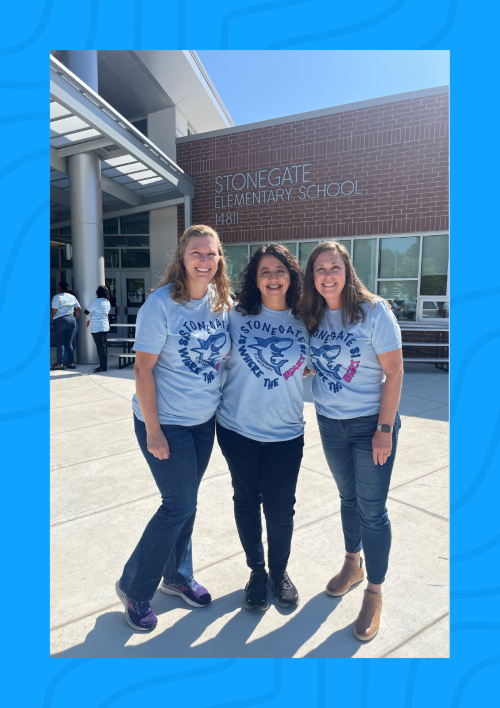Welcome to
English Language Development!

Mrs. Crum, Mrs. Silva (TL), Mrs. Willis

English Language Development (ELD) Program Information
ACCESS for ELLs Information
- ACCESS for ELLs 2.0 is a secure, large-scale English language proficiency assessment administered to Kindergarten through 12th grade students who have been identified as Emergent Multilingual Learners (EMLs). This assessment is administered every year in early January. Attendance is very important during this time. For more info about this assessment please visit the WIDA website.
- Parent Guides for ACCESS and Alt-ACCESS - Scroll down to the bottom right of the landing page.
ELD Levels
The WIDA Can Do Descriptors are commonly used by ELD teachers in coaching general education teachers about differentiated instruction for Emergent Multilingual Learners (EMLs). They can also be used to plan lessons or observe students' progress. Visit the WIDA CAN-DO site for more information on the different levels.
Report Cards
On the report card you will also see a section for ELD. Your child will receive a mark for listening, speaking, reading and writing. The mark will show the ELD WIDA level at which your child is presently performing on for each English language skill. It is possible for your child to achieve anywhere within the ELD levels of 1-6.
Instructional Resources
- Colorin Colorado: A bilingual site for educators and families of English language learners.
- Freddiesville: the site features ESL animated video lessons, ESL fun games, super cool EFL worksheets, songs and apps for teaching English dialogues, vocabulary and grammar.
- Unite for Literacy - Free online picture book resource supporting non-readers of different cultures. Books are read aloud in English and 46 other languages.
Tips for Parents
- Watching quality TV programs (PBS kids station, Sesame Street, Super Why, Sid the Science Kid, Word Girl) can improve your child’s English and be fun at the same time.
- Use both English and your first language at home. Read in both languages, if possible. The goal is for children to become bilingual, while not losing their first language.
- Plan “play dates” with English speaking friends.
- Visit the Public Library and allow your child to pick out books. Books on tape are also a great English resource. Ask your librarian for suggestions.
- Visit many of the free museums in the Washington Area.